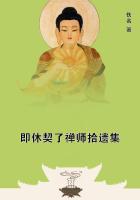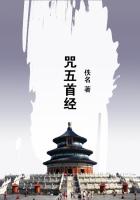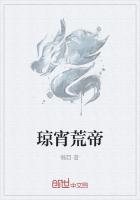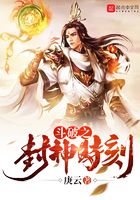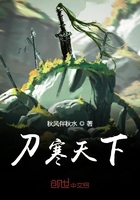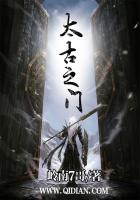Grote, the Iliad, as originally conceived, was properly an Achilleis; its design being, as indicated in the opening lines of the poem, to depict the wrath of Achilleus and the unutterable woes which it entailed upon the Greeks The plot of this primitive Achilleis is entirely contained in Books I., VIII., and XI.-XXII.; and, in Mr. Grote's opinion, the remaining books injure the symmetry of this plot by unnecessarily prolonging the duration of the Wrath, while the embassy to Achilleus, in the ninth book, unduly anticipates the conduct of Agamemnon in the nineteenth, and is therefore, as a piece of bungling work, to be referred to the hands of an inferior interpolator. Mr. Grote thinks it probable that these books, with the exception of the ninth, were subsequently added by the poet, with a view to enlarging the original Achilleis into a real Iliad, describing the war of the Greeks against Troy. With reference to this hypothesis, I gladly admit that Mr. Grote is, of all men now living, the one best entitled to a reverential hearing on almost any point connected with Greek antiquity. Nevertheless it seems to me that his theory rests solely upon imagined difficulties which have no real existence. I doubt if any scholar, reading the Iliad ever so much, would ever be struck by these alleged inconsistencies of structure, unless they were suggested by some a priori theory. And I fear that the Wolfian theory, in spite of Mr. Grote's emphatic rejection of it, is responsible for some of these over-refined criticisms. Even as it stands, the Iliad is not an account of the war against Troy. It begins in the tenth year of the siege, and it does not continue to the capture of the city. It is simply occupied with an episode in the war,--with the wrath of Achilleus and its consequences, according to the plan marked out in the opening lines. The supposed additions, therefore, though they may have given to the poem a somewhat wider scope, have not at any rate changed its primitive character of an Achilleis. To my mind they seem even called for by the original conception of the consequences of the wrath. To have inserted the battle at the ships, in which Sarpedon breaks down the wall of the Greeks, immediately after the occurrences of the first book, would have been too abrupt altogether. Zeus, after his reluctant promise to Thetis, must not be expected so suddenly to exhibit such fell determination. And after the long series of books describing the valorous deeds of Aias, Diomedes, Agamemnon, Odysseus, and Menelaos, the powerful intervention of Achilleus appears in far grander proportions than would otherwise be possible. As for the embassy to Achilleus, in the ninth book, I am unable to see how the final reconciliation with Agamemnon would be complete without it. As Mr. Gladstone well observes, what Achilleus wants is not restitution, but apology; and Agamemnon offers no apology until the nineteenth book. In his answer to the ambassadors, Achilleus scornfully rejects the proposals which imply that the mere return of Briseis will satisfy his righteous resentment, unless it be accompanied with that public humiliation to which circumstances have not yet compelled the leader of the Greeks to subject himself.
Achilleus is not to be bought or cajoled. Even the extreme distress of the Greeks in the thirteenth book does not prevail upon him; nor is there anything in the poem to show that he ever would have laid aside his wrath, had not the death of Patroklos supplied him with a new and wholly unforeseen motive. It seems to me that his entrance into the battle after the death of his friend would lose half its poetic effect, were it not preceded by some such scene as that in the ninth book, in which he is represented as deaf to all ordinary inducements. As for the two concluding books, which Mr. Grote is inclined to regard as a subsequent addition, not necessitated by the plan of the poem, I am at a loss to see how the poem can be considered complete without them. To leave the bodies of Patroklos and Hektor unburied would be in the highest degree shocking to Greek religious feelings.
Remembering the sentence incurred, in far less superstitious times, by the generals at Arginusai, it is impossible to believe that any conclusion which left Patroklos's manes unpropitiated, and the mutilated corpse of Hektor unransomed, could have satisfied either the poet or his hearers. For further particulars I must refer the reader to the excellent criticisms of Mr. Gladstone, and also to the article on "Greek History and Legend" in the second volume of Mr. Mill's "Dissertations and Discussions." A careful study of the arguments of these writers, and, above all, a thorough and independent examination of the Iliad itself, will, I believe, convince the student that this great poem is from beginning to end the consistent production of a single author.

